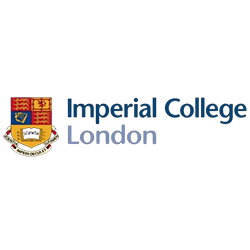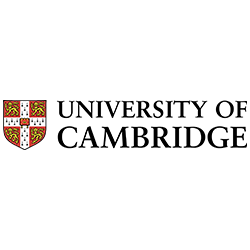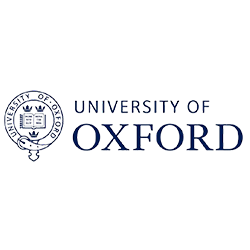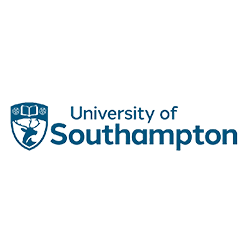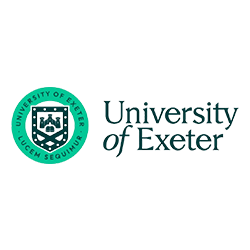Biomedical Science
A postgraduate biomedical science degree allows students to deepen their understanding of the biological and molecular processes underlying health and disease, while advancing their expertise in laboratory techniques and clinical applications. It provides a rigorous scientific foundation while offering opportunities to specialise in areas such as immunology, molecular biology, cancer biology, biotechnology, and infectious disease.
The programme offers the opportunity to study core subjects including advanced cell biology, genetics, pathology, pharmacology, and clinical diagnostics. Many courses also incorporate laboratory research, data analysis, and industry or hospital collaborations, enabling students to apply scientific investigation to real-world healthcare challenges.
Why study Postgraduate Degree in Biomedical Science?
Studying biomedical science at postgraduate level is a chance to combine advanced research with practical application, preparing graduates for senior roles in medical research, diagnostics, biotechnology, and public health. It also provides strong foundations for careers in clinical laboratories, pharmaceutical development, regulatory affairs, or progression to doctoral research in biomedical sciences.
Top Ranking Universities List for Civil Engineering
Entry Requirements
Academic Requirements
- Undergraduate degree in biomedical science, biology, biochemistry, genetics, medicine, pharmacy, or a closely related discipline.
- Typical requirement: UK 2:1 or strong 2:2 equivalent.
- Applicants with degrees in other life sciences or health sciences may be considered if they can demonstrate relevant knowledge and laboratory experience.
- International qualifications must be equivalent to UK standards (verified via UK ENIC where necessary).
Work Experience Requirements
- MSc Biomedical Science programmes: Work experience is generally not required, making them suitable for recent graduates.
- Specialist programmes (e.g., Molecular Medicine, Clinical Biochemistry, Immunology, Medical Microbiology): Prior laboratory, clinical, or healthcare experience can be advantageous.
- Research projects, internships, or professional roles in healthcare, pharmaceuticals, or diagnostics can strengthen an application.
English Language Requirements
- IELTS Academic: Overall 6.5–7.0, with no band lower than 6.0.
- TOEFL: Overall score of 90–100.
- PTE Academic: Score range 62–70.
- Exemptions may be available if prior study was undertaken in English.
Additional Application Documents
- Official academic transcripts and degree certificates (with certified translations if required).
- Personal statement outlining academic interests, research ambitions, and career goals in biomedical science.
- CV or résumé highlighting education, laboratory skills, research projects, and any professional or healthcare experience.
- Two references (academic or professional, depending on the programme).
- Proof of English language proficiency (if applicable).
- Some universities may request evidence of practical laboratory experience during undergraduate study.





